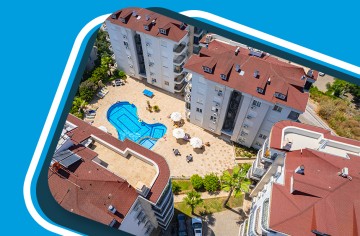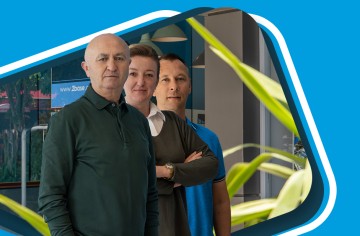
Asansör (Elevator) – What It Means in Turkish Real Estate

Asansör is the Turkish word for elevator or lift, referring to the vertical transportation system installed in multi-story buildings. In Turkey, this term is commonly used in real estate listings, property documents, and daily conversations when discussing access to upper floors.
Most modern residential and commercial buildings in Turkish cities include an asansör, especially in structures with 4 or more floors. Older buildings or those in rural areas may lack this feature, which can impact property value and convenience. The presence, condition, and capacity of an asansör are often highlighted in property descriptions.
In legal and technical contexts, asansör may also refer to the mechanical system itself, including its maintenance requirements, safety certifications, and compliance with Turkish building regulations (Bina Yönetmelikleri). Property buyers or owners should verify whether the building’s elevator is functional, regularly inspected, and meets current standards.
Below is a table of synonyms and related terms in Turkish and English:
| Turkish Term | English Equivalent | Notes |
|---|---|---|
| Asansör | Elevator | Standard term for vertical transport in buildings. |
| Lift | Lift | Less common but understood, often used in informal speech. |
| Yük asansörü | Freight elevator | Designed for transporting goods, not passengers. |
| Engelli asansörü | Accessibility elevator | Elevator designed for disabled access, wider and lower thresholds. |
| Merdiven asansörü | Stair lift | Mechanical device for climbing stairs, not a full elevator. |
| Dikey asansör | Vertical elevator | Emphasizes the vertical movement, rarely used in daily speech. |

It means 'elevator' or 'lift' in English.
'Asansör' is the Turkish word for 'elevator' or 'lift,' commonly used in residential and commercial buildings. In Turkey, it refers to the vertical transport system installed in multi-story properties, ensuring accessibility between floors.
Most urban apartments, especially in cities like Istanbul, Ankara, or Izmir, include an 'asansör' due to strict building regulations for structures above 4-5 floors.
Yes, in buildings with 5+ floors or 16+ meters.
Under Turkish construction laws, an 'asansör' (elevator) is mandatory in residential buildings with 5 or more floors or a height exceeding 16 meters. This rule applies to new constructions and major renovations in cities like Istanbul, Antalya, and Bodrum.
Older buildings (pre-2000s) may lack elevators if they were built before regulations tightened. Always check the 'tapu' (title deed) or building permit for confirmation.
Shared costs via 'aidat' (monthly building fees).
'Aidat' (monthly fees) covers routine 'asansör' upkeep, while major repairs require owner approval. The 'Kat Mülkiyeti Kanunu' (Condominium Law) regulates shared costs. Fees vary by building size, elevator type, and city (e.g., Istanbul fees are higher than in smaller towns).
Yes, aligned with EU EN 81-20/50 standards.
Modern Turkish 'asansör' systems must comply with EU EN 81-20/50 safety standards, adopted after 2016 regulatory updates. Key features include emergency brakes, backup power, and fire-resistant materials. Older elevators (pre-2010) may lack these upgrades.
Certified inspectors audit elevators annually, with results displayed inside the cabin. Always check the last inspection date.
Possible but requires 100% owner approval.
Adding an 'asansör' to an older Turkish building (pre-2000) is legally possible but challenging. The 'Kat Mülkiyeti Kanunu' (Condominium Law) demands unanimous owner consent for structural changes. Costs (€15,000–€50,000) are split among owners based on property share ('payda').
Municipal permits and engineering reports are required. Some cities (e.g., Istanbul) offer subsidies for accessibility upgrades.
Inspection date, capacity, and energy efficiency.
Before purchasing, verify the 'asansör's last inspection date (must be annual), capacity (e.g., 4–8 persons), and energy class (A++ to D). Older buildings may have slow or noisy elevators. Check if the 'aidat' covers 24/7 maintenance or only basics.
Luxury projects often include smart elevators with keycard access or destination control systems.
Most have backup batteries for 1–2 hours.
Turkish 'asansör' systems in modern buildings include backup batteries (1–2 hours of power) or generators for outages. Older buildings may lack this, risking stranding.
In rural areas or small towns, outages are more frequent; check the building’s power backup system.
Also read


Imza (Signature) in Turkish real estate – what it means for you
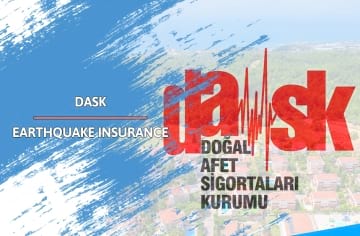
DASK (Natural Disaster Insurance) in Turkey – What It Covers
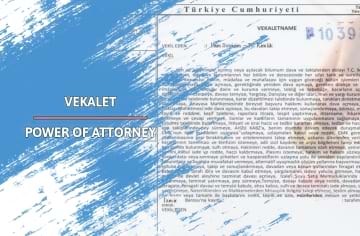
Vekalet (Power of Attorney) in Turkey – What It Means for Property Buyers

Taksit (installment) – what it means in Turkish real estate

Teklif (Offer) – Understanding the Term in Turkish Real Estate
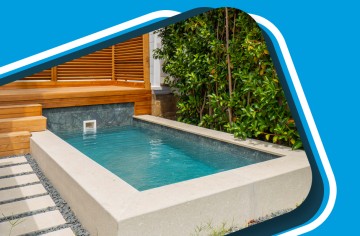
Havuz (Swimming Pool) – Meaning in Turkish Real Estate
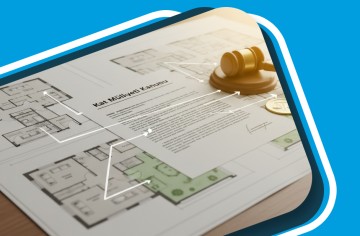
Kat mülkiyeti kanunu (Condominium Ownership Law)
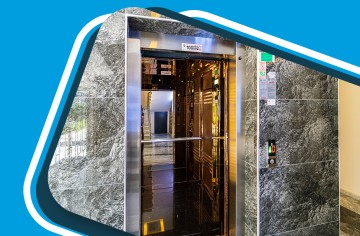
Asansör (Elevator) – What It Means in Turkish Real Estate
